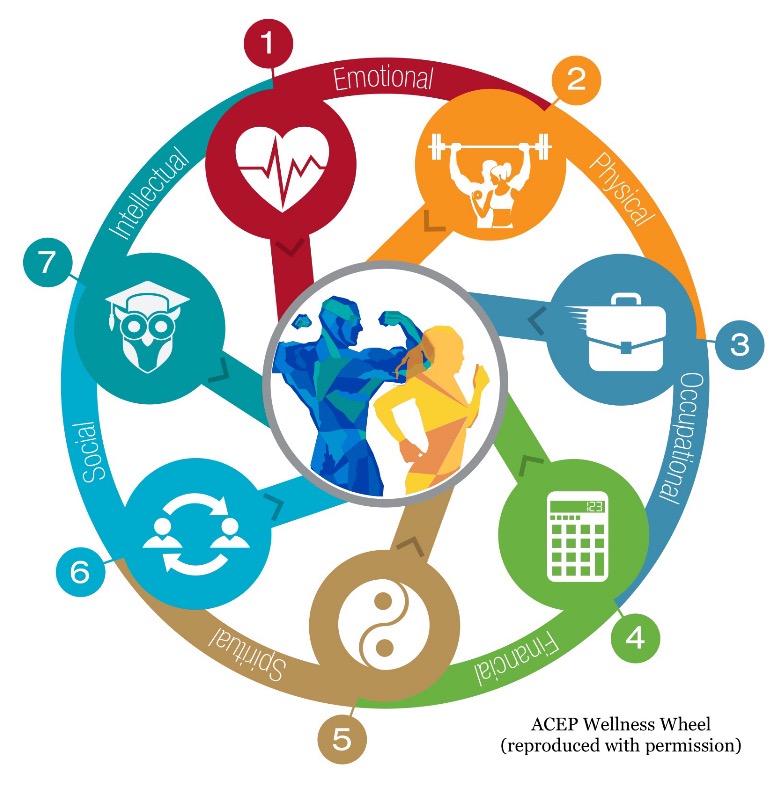It’s becoming clear that doctors’ wellbeing is crucial to patient welfare.
It’s funny how so many adventures in life start with an ex-boyfriend.
David and I started dating in my intern year. He was an international humanitarian aid worker, the poster boy for the Australian Red Cross. I hoped to work overseas with him, but my intern skills were woefully inadequate. In order to develop skills of independent practice, in my second year out of medical school, we elected to move 500km west to a rural Queensland town.
Twelve months into our stay, on a Sunday evening after I had been on all weekend, I got a call from the nursing staff in the ED. They told me about a middle-aged man who’d presented with loin to groin abdominal pain. I ordered pain relief over the phone and made my way into the hospital. The long and the short of the story is that I missed a serious diagnosis, one I should have considered. Later than night, in our small rural hospital, the man died. He was the husband of one of my staff members.
I was shattered. I didn’t eat or sleep for days and thought long and hard about quitting medicine altogether. It was the January following the Boxing Day Tsunami and David had been deployed to Sri Lanka. While he was away dealing with unspeakable human tragedy, I felt completely alone. A friend took me to a movie as a distraction, but it didn’t seem to help much. The movie was called Without a Paddle. Probably not the best film for someone who already felt like they were up the creek!
My med super tried to debrief me.
“You are going to have to pull yourself together,” was all he said.
David returned from Sri Lanka a broken man and sadly the relationship soon disintegrated. At work, my confidence was shot.
Just for a moment, I’d like you to reflect on what you think you would have done in this situation as a junior doctor – geographically isolated, ashamed, and completely alone.
I’ll tell you what I did. After months of distress, I finally took the step and reached out for help. It was to someone whom I knew only over the phone – someone I’d always been able to call on for help and advice from my rural location: the medical co-ordinator for the state-wide retrieval service.
I travelled to Brisbane and met the inimitable Steve Rashford, FACEM and now Medical Director of the Queensland Ambulance Service. He sat with me and helped me work through what had been a devastating experience. He had no magic words, but the simple act of spending time talking with me was enough.
It was the first clue for me of the importance of adequate support structures for doctors because when it comes to a mistake or missed diagnosis, there but for the grace of God goes every single one of us.
With time, I regained my confidence and went on to pursue training to be the experienced FACEM you see before you. Unfortunately not all troubled doctors are so lucky.
Wellness is a multifaceted pursuit. The WHO defines wellness as a state of complete physical, mental and social wellbeing and not merely the absence of disease or infirmity. Further, it defines mental health as a state of wellbeing in which every individual realises their own potential, can cope with the normal stresses of life, can work productively and fruitfully and is able to make a contribution to their community. This is not just about good health. This is about thriving!
So does it really matter if doctors are well? The literature says yes! It is becoming increasingly clear that physician health is strongly linked to professionalism and performance and therefore patient outcome. Patients die unexpectedly in units with high levels of emotional exhaustion.
Surgeons who even feel like they have made an error suffer poor mental quality of life and burnout. Physicians WITH burnout make more mistakes. You have to ask the question: which comes first?
This wellness wheel, developed by the American College of Emergency Physicians demonstrates the multiple facets of physician health. By addressing each spoke, we can make our best effort towards health, so that we might provide the best health care to our patients. I encourage you to explore each spoke to see where you can strive towards better health.

I don’t want to give you the impression that I have got it all figured out. I’m still very much on the journey. My 10-year-old uses my Headspace app more frequently than I do, which will be useful because she wants nothing more than to be a doctor like her mum. She’s going to need those skills if that’s her chosen path.
I think about yoga. A lot. I don’t do it very often because I’m as flexible as a KitKat.
But I think I am starting to understand the problem and that a career in medicine, especially emergency medicine, will be fraught with challenges to ourselves and our patients.
I joined a sporting team. I spend time with friends who fill my bucket. I say thank you to my work team, ask them for ideas and chase staff of all levels and disciplines to take their breaks. And I make sure to take breaks too, even when it’s busy, because I get hangry just like everybody else.
I want to throw down the gauntlet to each of you. What is one thing you could do for yourself, your colleagues or your workplace that could help in the pursuit of wellness?
Dr Bethany Boulton is an emergency physician working on the Sunshine Coast and a founding member of WRaPEM (Wellness Resilience and Performance in Emergency Medicine), dedicated to bringing the non-technical skills of medicine to the fore.





